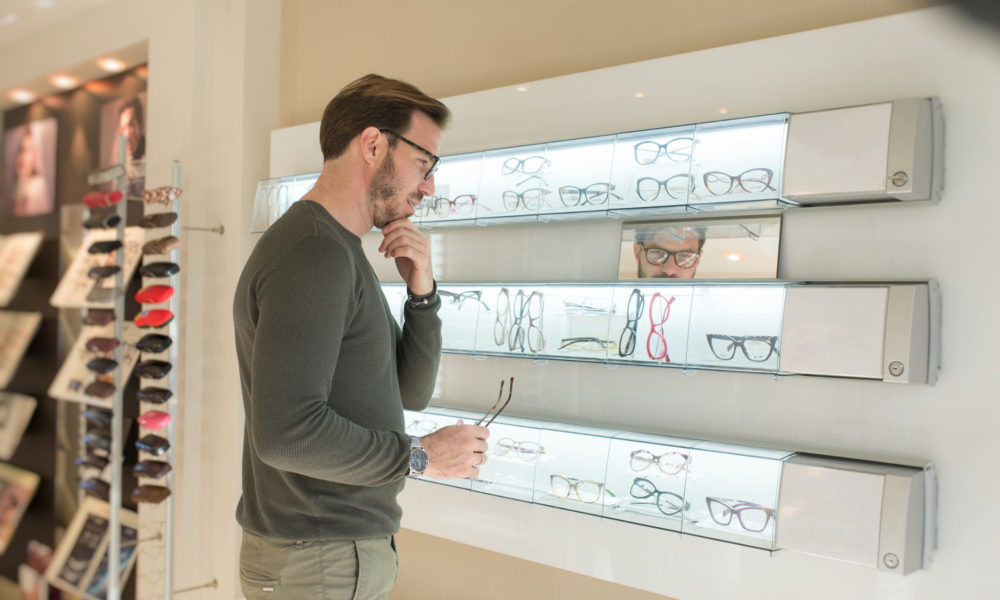Top Psychological Drivers to Spur Shopping in Your Optical
Print/ PDF🖨 By Mark Wright, OD, FCOVD, and Carole Burns, OD, FCOVD Sept. 18, 2019 Small businesses are becoming as aware as their larger counterparts of psychologically based retail strategies that increase the likelihood of people making a purchase. What are these strategies, and how can you use them in your practice? There are two books by the same author that should be required reading for anyone involved in marketing in the practice. These books, written by Robert Cialdini, are “Influence: The Psychology of Persuasion (published in 1984)” and Pre-Suasion (published in 2016). Ciadini, a professor of selling and marketing, lays out seven principles in sales psychology: 1. Reciprocity 2. Commitment and consistency 3. Liking 4. Authority 5. Social proof 6. Scarcity 7. Unity If you are involved in marketing in the practice, you should be applying these seven principles daily. Let’s take these one at a time to make sure you know how to do this. Reciprocity This means when someone gives us something, we feel compelled to give something back in return. Costco uses this technique very well. While in the store have you ever ended up making an unexpected purchase because you stopped for a free sample? Here’s how to use this technique in your practice: • Give a free bottle of water at reception • Give a free gift with purchase • Utilize a fun quiz to reach recommendations for frames or lenses • At dispensing, throw in a free gift (sometimes this is called “Surprise and Delight”) Commitment and Consistency People will go to great lengths to appear consistent in their words and actions. If you can get people to make a small commitment to your brand—like signing up for your e-mail newsletter, they’re more likely to eventually purchase from you. And, if you can actually get products in their hand, like trying on frames, your chances increase even more. Another way to use this principle is to create a tray for the patient to carry around the optical. The frames in that tray belong to the patient. Still another way to use this principle is to make it easy for the patient to commit by having an easy return policy. In a study conducted by Narvar, nearly three-quarters of people said they would be more likely to buy from a company that has a “no questions asked” returns policy. But will they make a … Continue reading Top Psychological Drivers to Spur Shopping in Your Optical
